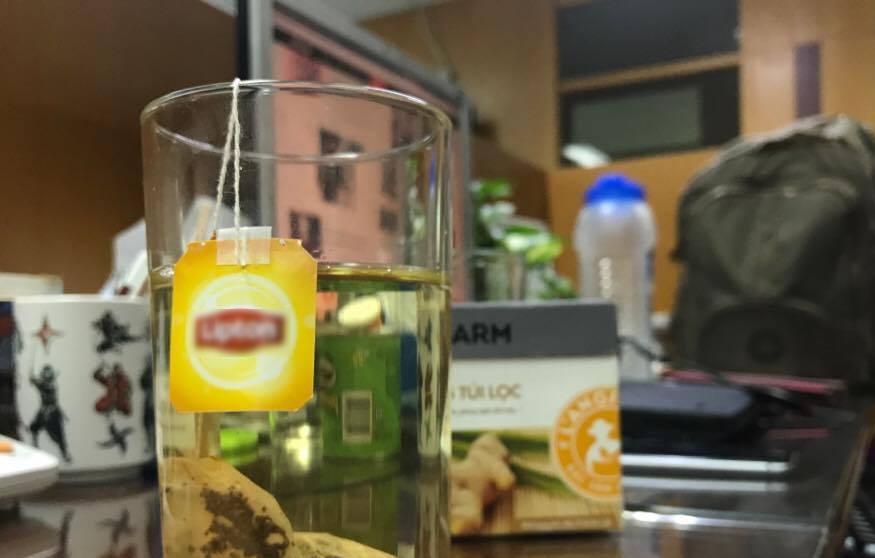Vietnam’s Ministry of Finance appears to believe that instant coffee and teabag are harmful products whose consumption should be reduced through ‘sin tax’ just as tobacco and alcohol.
The ministry has recently proposed to levy special consumption tax, a kind of excise tax, on instant coffee packs and teabags, sparking outrage among local experts and consumers.
A sin tax is an excise tax specifically levied on certain goods deemed harmful to society, such as alcohol and tobacco, in an effort to reduce their consumption.
In Vietnam, the special consumption tax is exercised to regulate the purchase of similar products, as well as luxurious items such as cars.
The inclusion of teabag and instant coffee in the list of products to be charged with the excise tax is consequently deemed inappropriate, according to experts and consumers.
Hoang Dung, a resident in Binh Thanh District, Ho Chi Minh City said that packed coffee and tea are everyday products of many Vietnamese to help them stay focused at work.
The products are so cheap that it is inappropriate to charge special consumption tax on them.
Controversial tax bill
The ‘sin tax for teabag’ is part of a series of proposals in the draft amendment for the tax law by the finance ministry.
The bill also seeks to increase the ‘environment tax’ on gasoline from the current amount of VND3,000 per liter to VND8,000.
“The new environment tax on petrol will push the price of most other products up,” Thanh Thuy, a resident in District 4, said worriedly.
The finance ministry is also being rapped for its proposal of increasing the value-added tax from 10 percent to 12 percent - highest rate compared to that of other neighboring countries.
The bill also suggests reducing the personal income tax for people making less than VND20 million (US$880) a month only to 5 percent. At present, those earning between VND10 million ($440) and VND18 million ($792) are subject to a 15 percent personal income tax rate.
However, experts said the cut for personal income tax rate is modest compared to the proposed increases for other taxes.
The increase of VAT and other taxes will help Vietnam add some VND59,000 billion ($2.6 billion) to its state budget annually, whereas the personal income tax cut will reduce the state revenue collection by only VND1,000 billion ($44 million) a year, according to estimations by the Ho Chi Minh City Stock Exchange.
Bui Quang Tin, a local tax expert, said in neighboring countries, the governments impose different VATs on different products and trades, instead of a uniform rate for all commodities.
Tin added that while the amount of money collected from tax should account for only 10 percent of the state budget, the proportion in Vietnam is as high as 30 percent, indicating that Vietnamese consumers are charged with heavy taxes.
“The Ministry should therefore think carefully before increasing VAT and other taxes,” Tin suggested.
The tax change proposals will be presented to the lawmaking National Assembly for further deliberation and approval in October.
Like us on Facebook or follow us on Twitter to get the latest news about Vietnam!




















































